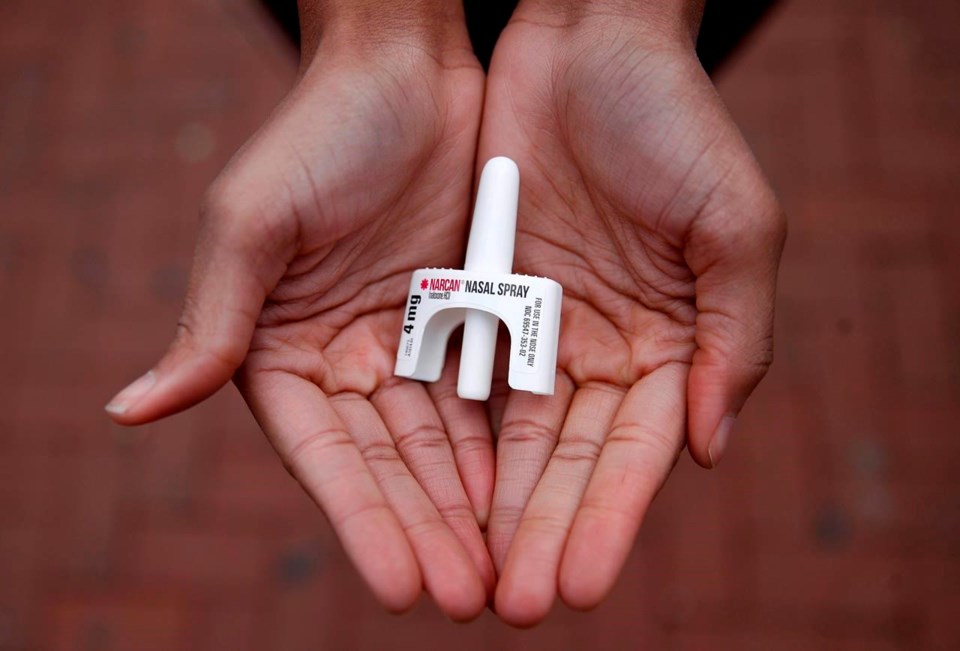DELTA, B.C. — The chief of a municipal police force in Metro Vancouver has issued an open letter criticizing British Columbia's drug decriminalization policies as ineffective in the face of the ongoing overdose crisis.
Delta Police Chief Const. Neil Dubord says in the letter that while he agrees with "the underlying principles of decriminalization," an early evaluation shows that the policy has not led to "the desired outcome."
B.C. decriminalized the possession of small amounts of certain drugs such as heroin, fentanyl and cocaine starting in late January as part of a three-year pilot program.
Dubord says there were 791 overdose deaths in the province between then and May, which "closely mirrors" the 772 deaths recorded during the same period last year.
In a written statement, the B.C. Ministry of Mental Health and Addictions says it agrees with Dubord's assessment that "a whole-system approach" is needed to deal with the toxic drug crisis.
But the statement also says “decriminalization is one critical way" the province is tackling the problem "from every angle," and the government plans to spend $1 billion in its latest budget toward addressing addiction -- including $586 million for "treatment and recovery."
In his letter, Dubord cites a report in the Washington Post that describes Portugal as "having doubts" about its own decriminalization policy, introduced in 2001 and widely cited as a success by policymakers worldwide.
The story describes locals attributing rising crime levels to a spike in the number of drug users.
Dubord says B.C. "can learn from Portugal’s experiences."
"The pitfalls of inconsistent policy, lack of oversight and measurement of initiatives, systems working in silos and funding decisions pose risks to the desired objectives of the B.C. decriminalization pilot project," he says.
This report by The Canadian Press was first published July 17, 2023.
The Canadian Press



